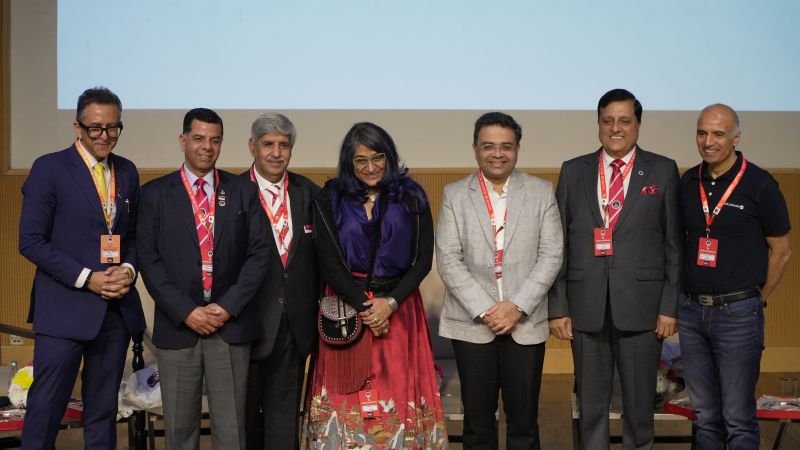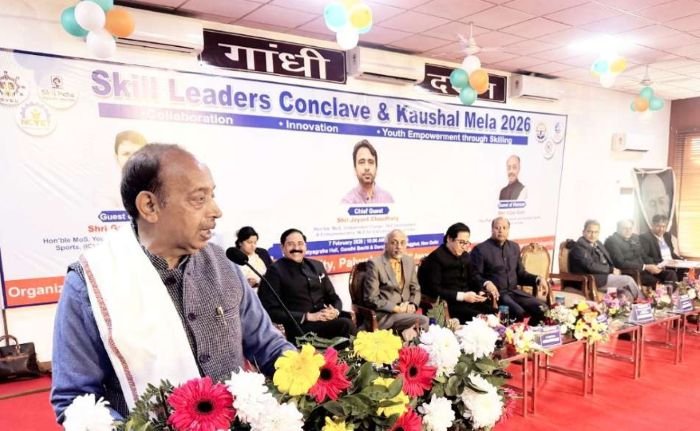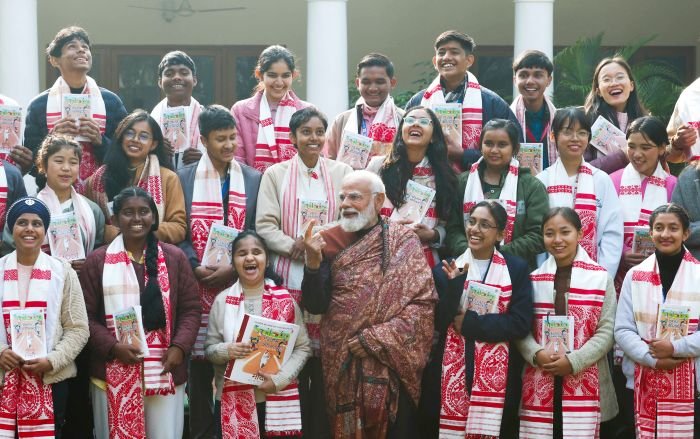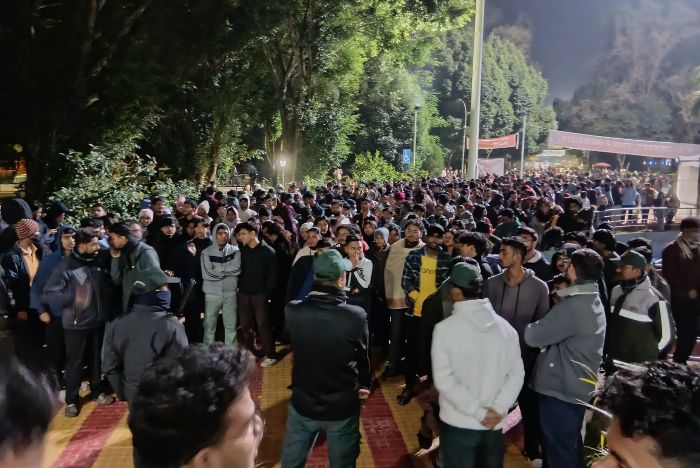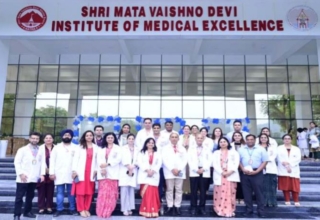
For more than five years since NDA swept power first in 2014 and now again for a consecutive second term this year in 2019 at the centre, the union government under Prime Minister Modi has been unfriendly to Right to Education (RTE) Act, a landmark legislation passed during Congress led government in 2009. Except for a necessary amendment, RTE, was completely out of government discourse all this while and its implementation has been dismal with just 10% schools of the country compliant as per some surveys.
However, early this month on August 5-6 and again on August 8, when the union government moved bills to end special status of Jammu & Kashmir by abrogating two constitutional articles 370 and 35A in the Parliament and then Prime Minister went on air to explain this momentous national decision to the country, absence of Right to Education Act in the state was one of the forceful arguments in favor of this action. Under the previous constitutional scheme, only after state legislature would pass the order, would the central acts apply in the state under state constitution. J&K didn’t extend RTE to its children unlike rest of the country.
So, heartwarming towards RTE by the government is indeed welcome.
But coming to the question of Jammu & Kashmir, the Modi government has taken a big risk with abrogation of the above said constitutional articles and has produced an extraordinary situation for everybody. A school of thought has been advocating this path for many years now and definitely holds a lot of merit in addressing the vexed issues of proxy war by Pakistan, radicalization, terror, unrest, conflict and separatism. While for all legal and practical purposes the state has been an integral part of India, the special provisions were being misused by both local politicians as well as Pakistan backed agents and groups to fan unrest in the state. And this has been a vicious cycle going on for the past 70 years and only a decision of this nature could have only broken this cycle in the long run?
Secondly the manner in which this decision or amendment was made has been a subject of intense debate but again the other route was very long and unsure for no local politician or combination would have risked to agree to something which they themselves have been milking and therefore would have been no less than blasphemy for them.
A cost-benefit analysis would prima facie say that taking away autonomy even if it was just notional means hurt sentiments and deep loss of pride. And when you have been bypassed, it hurts more. So, time as they say is the greatest healer and country will have to give the people time in the first place to cope with this shock. Importantly the objectives for which this risk was taken must be always the guiding principles of a developmental healing touch. Kashmir has it all to become one of the best destinations in the world perhaps like another Switzerland or a Dubai.
And all efforts including by the general public must be towards this end. It shouldn’t be about land but about its people, heritage, local culture, infrastructure, special zones and investments. The education index of the state is well above the national average and it has an ecosystem which needs rejuvenation and revitalization to come to life to partner in this new journey. It will be easy to set up technology parks, incubations, residential education hubs, adventure sports & tourism, eco, pilgrimage and medical tourism besides marketing hubs for traditional handicrafts and special produce.
Once people see the intent, they will merrily embrace the new order.


